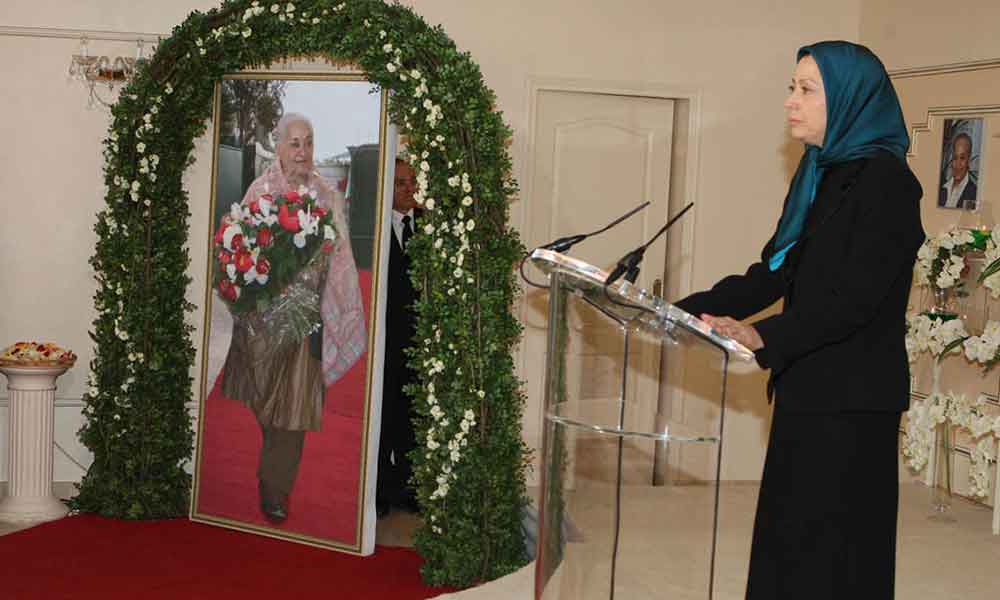
Embracing the arts from a young age, thanks to the encouragement of her family, Marzieh made a mark in the world of Persian music at a time when female voices were often silenced. Despite societal constraints, she was an early advocate for the importance of formal training in music, spending years studying classical theory before launching her illustrious career in the early 1940s.
With a repertoire rumored to span a thousand songs, Marzieh collaborated with some of the most iconic 20th-century Persian songwriters and composers. Her fame even saw her performing for world dignitaries, including Queen Elizabeth II, Charles de Gaulle, and Richard Nixon.
However, the winds of political change in 1979 swept her off the stage. With Iran’s transformation into a theocratic state, Marzieh, as a female artist, found herself doubly marginalized. Barred from performing publicly, she sought solace in nature, sharing her voice only with the surrounding birds, rivers, and trees. Yet, her spirit remained undeterred, as evidenced by her words, “I sang for the birds, for the river, the trees, and the flowers, but not the mullahs.”

1994 marked a turning point. While in Paris, Marzieh chose to defect, aligning herself with the National Council of Resistance of Iran, particularly the People’s Mojahedin of Iran (PMOI/MEK), an organization renowned for championing democracy and women’s rights.
When asked about her political transition, Marzieh turned to the timeless words of Rumi, the revered 13th-century Persian poet: “I am looking for that which cannot be found, for I am fed up with beasts and ogres, and I yearn for a human being.”
Praise for Marzieh’s talent and activism came from global quarters, with France 3 likening her voice to legends like Édith Piaf and Maria Callas. The New York Times hailed her as the “voice of dissent” and the “great diva of Persian traditional song.”
However, Marzieh’s legacy was not just in her artistry but in her tireless fight for human rights and equality. Despite her global acclaim, Marzieh was dedicated to values that championed humanity’s intrinsic rights, making her an eternal inspiration for countless Iranians and fans worldwide.
Her final years saw her battling cancer, with her passing occurring in Paris in 2010. Yet, Marzieh’s spirit, her voice, and her relentless pursuit of justice and equality remain etched in history, serving as a beacon of hope and resilience for generations to come.

MEK Iran (follow us on Twitter and Facebook), Maryam Rajavi’s on her site, Twitter & Facebook, NCRI (Twitter & Facebook), and People’s Mojahedin Organization of Iran – MEK IRAN – YouTu







